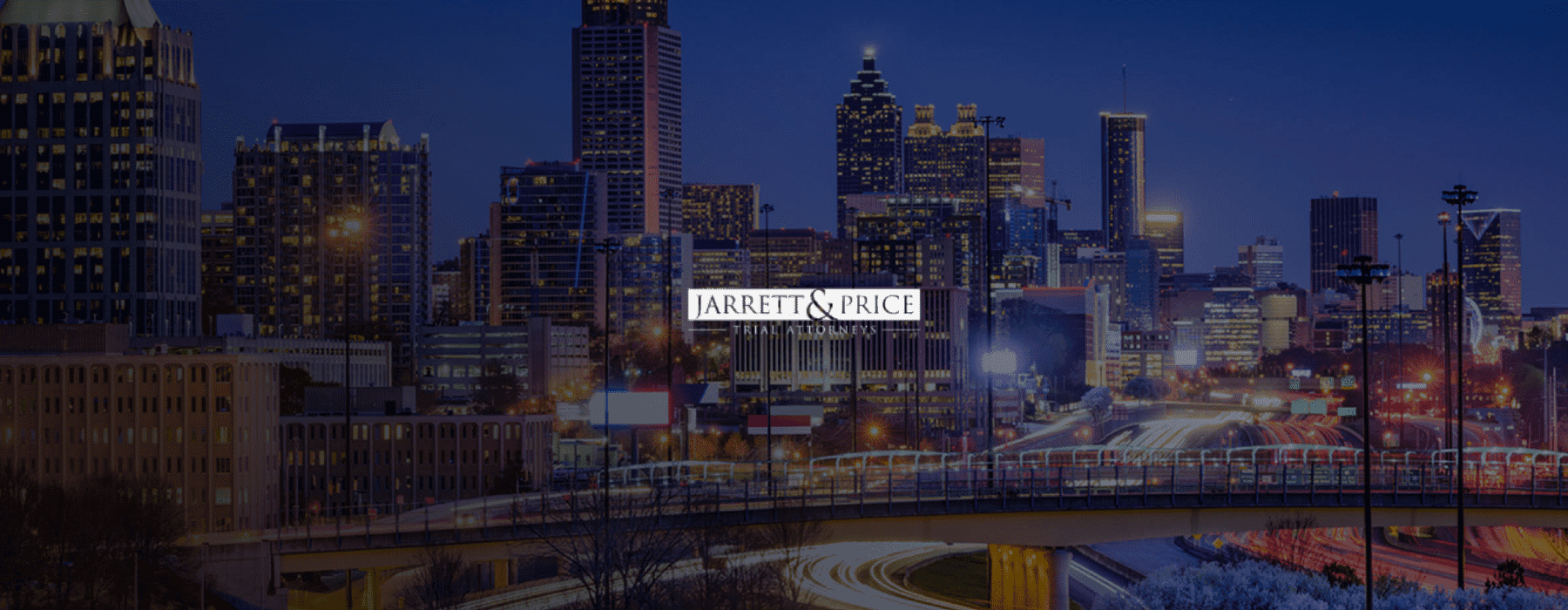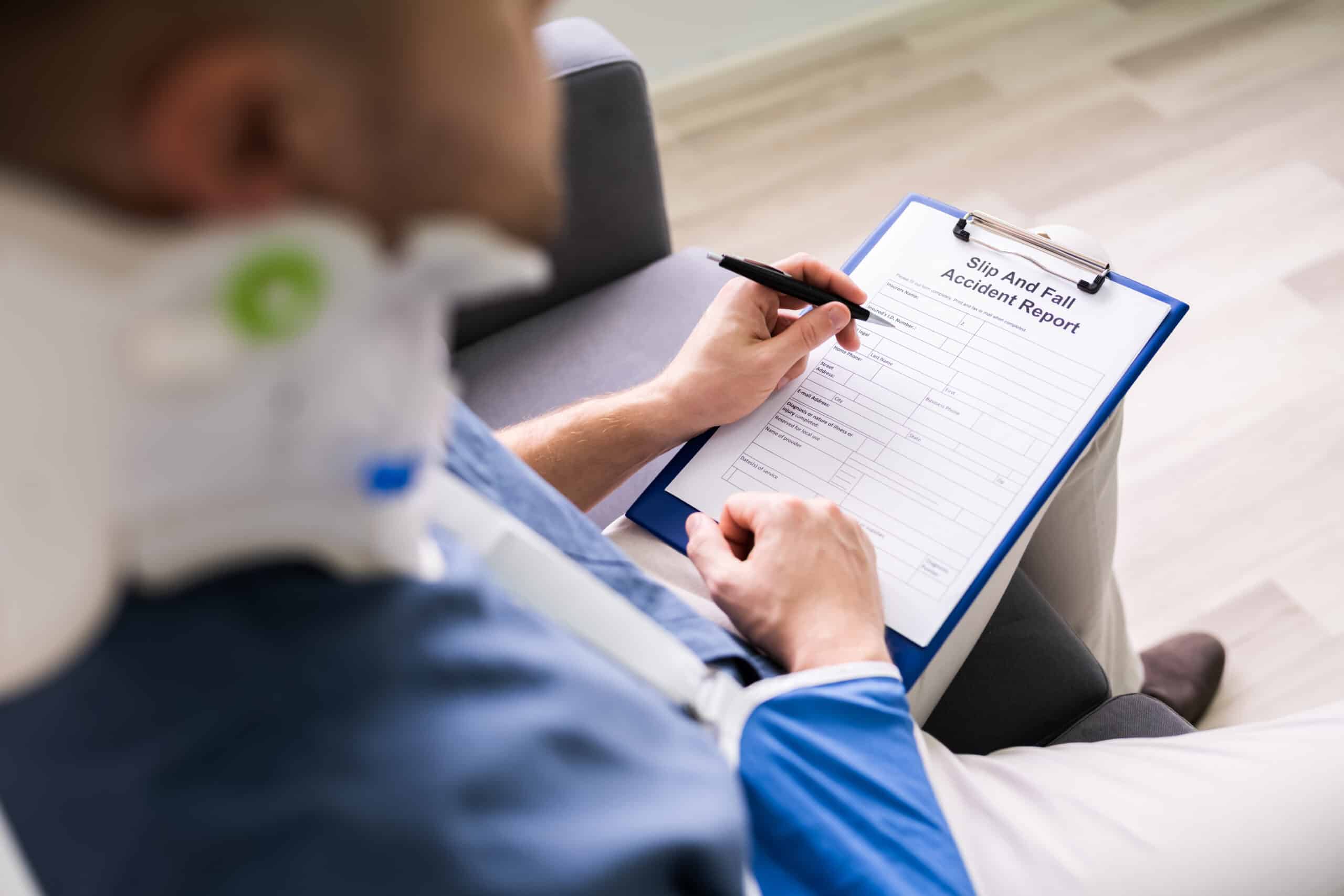There is what is known as constructive knowledge, which is the principle that an owner cannot say they didn’t know that a hazard existed. They should have known that it was a hazard and had they done due diligence to know what was happening on their premises, they would have been aware of the hazard. Just because the owner testifies that they did not know of the problem doesn’t automatically guarantee that they will not be held liable. You are able to make arguments, under certain circumstances, that they should have been aware of the problem. A very common example of that is when you have a liquid on the floor. Many businesses have internal policies that say they have to check the floors every 20 to 30 minutes.
If an owner says there was ketchup spilled on the floor but they didn’t know about it, you can show that they were supposed to check the floor every 20 to 30 minutes. If everyone’s testimony is that no one had checked the floor for an hour and a half, then you have an argument for constructive knowledge. Had they been following their own internal policy, they would have known about the hazard.
How Does Comparative or Contributory Negligence Impact A Premises Liability Case?
In an automobile accident, more often than not, it’s fairly clear what happened. If you get hit from behind and you’re lawfully stopped, there is no issue with comparative fault. In a premises liability case, it is much more common to see that type of defense. We have to overcome this defense because in every imaginable scenario, the defense can say that the victim should have seen the hazard. If you fall going down steps, there is an obvious argument from the defense perspective that you weren’t being careful enough.
There are almost an infinite number of arguments that can be made in every scenario to say that the person who was injured was not using reasonable care and therefore, the defendant should not have to pay any of the claim or at least not all of the claim. In Georgia, if the victim is found to be more than 50% at fault, then it is an absolute bar of liability.
For more information on Knowing Of A Hazard On Property In Georgia, an initial consultation is your next best step. Get the information and legal answers you are seeking by calling (912) 401-8880 today.

 (912) 461-3174
(912) 461-3174






